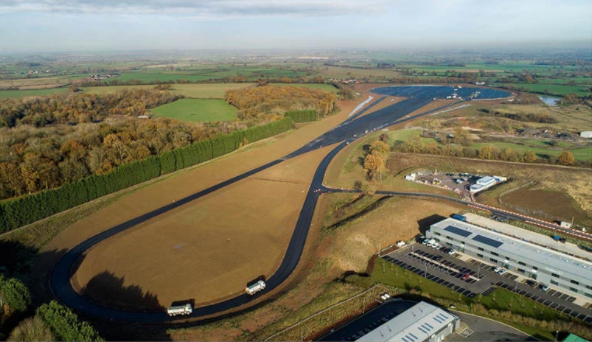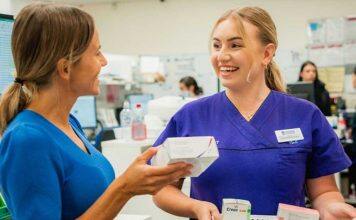

HORIBA MIRA and Coventry University are working together to implement a first-of-its-kind Autonomous Vehicle Development Centre known as ASSURED CAV. The facility is near completion and is set to open in March 2021 at HORIBA MIRA’s Nuneaton site.
Part-funded by the government’s Centre for Connected and Autonomous Vehicles (CCAV), ASSURED CAV will advance testing frameworks for the safe assessment of connected and autonomous vehicles (CAVs) by the automotive industry, policy makers and government. The centre will also play a key role in developing and implementing cybersecurity policies and secure systems, which will be critical to the future of mobility.
The world-class facility will allow connected and autonomous vehicles to be tested in a safe and realistic environment, enabling a wide range of driving scenarios to be investigated before being released to the general public. The ASSURED CAV centre will house a high-speed facility to test vehicles at the limit of controllability, a purpose-built multi-storey car park, an ultrafast 5G mobile private network supported by Vodafone, as well as a Digital Twin of the physical facility, which will be developed by Coventry University’s Centre for Connected and Autonomous Automotive Research (CCAAR) team.
The Digital Twin of the actual facility will offer a bespoke, customisable tool for virtual scenario generation and validation. It will be easy to use by non-specialist programmers, and will contain a web interface, roads and intersections and high fidelity to real vehicle models, allowing customers to seamlessly move between the virtual and physical vehicle testing at HORIBA MIRA. The programme will also simulate different environments, including specific world cities with a range of cark parks and hazards such as pedestrians, animals and moving vehicles.
“This is an enormously exciting initiative that provides a paradigm shift in CCAAR’s research environment. It will enable access to a world-class facility to investigate solutions for the next generation of mobility products and services that will have a positive impact on safety, security, usability and inclusivity, advancing knowledge in products, processes and systems for industry and influencing future policy and regulation.”
Kevin Vincent, Director of CCAAR, Coventry University







































